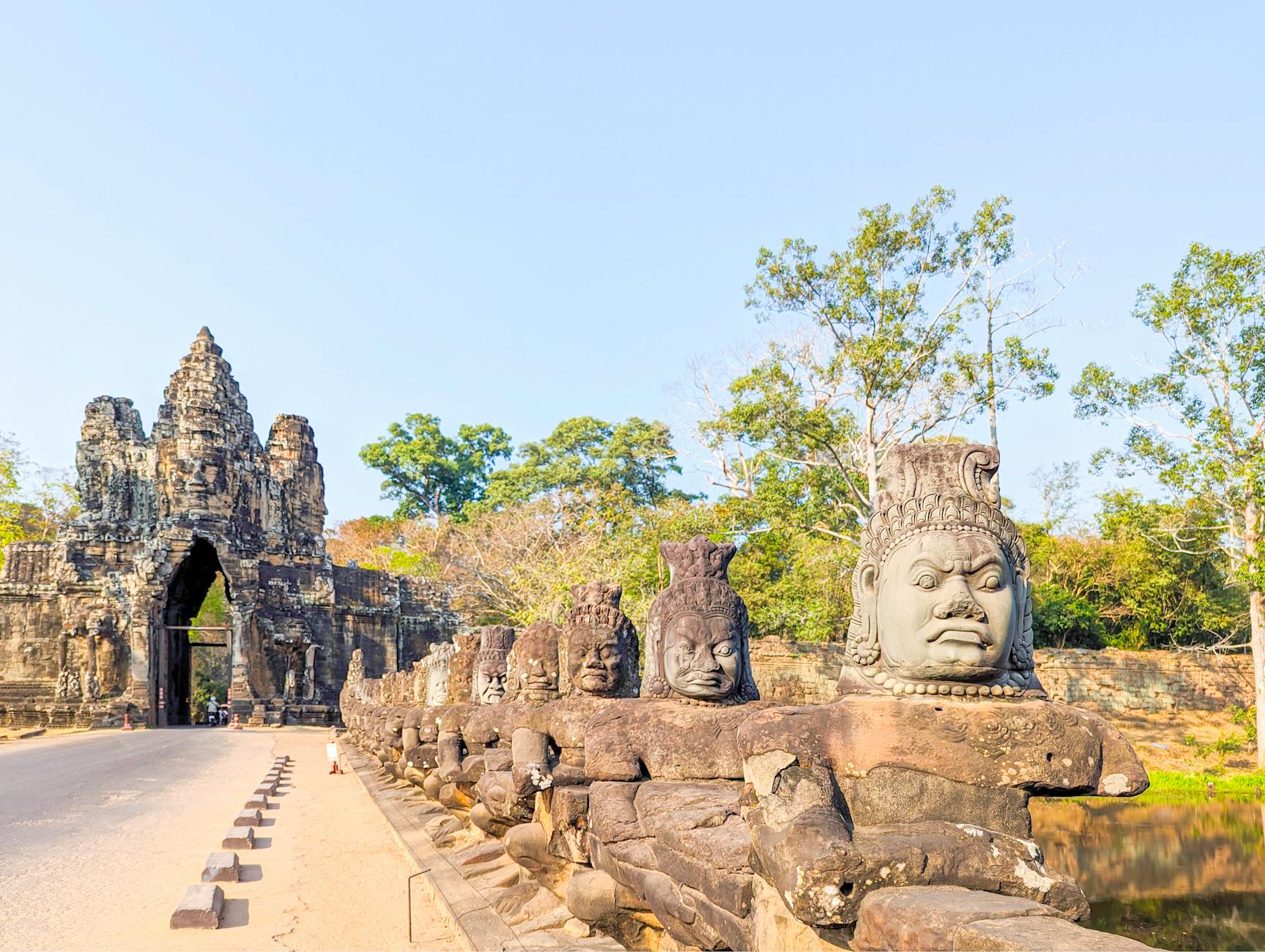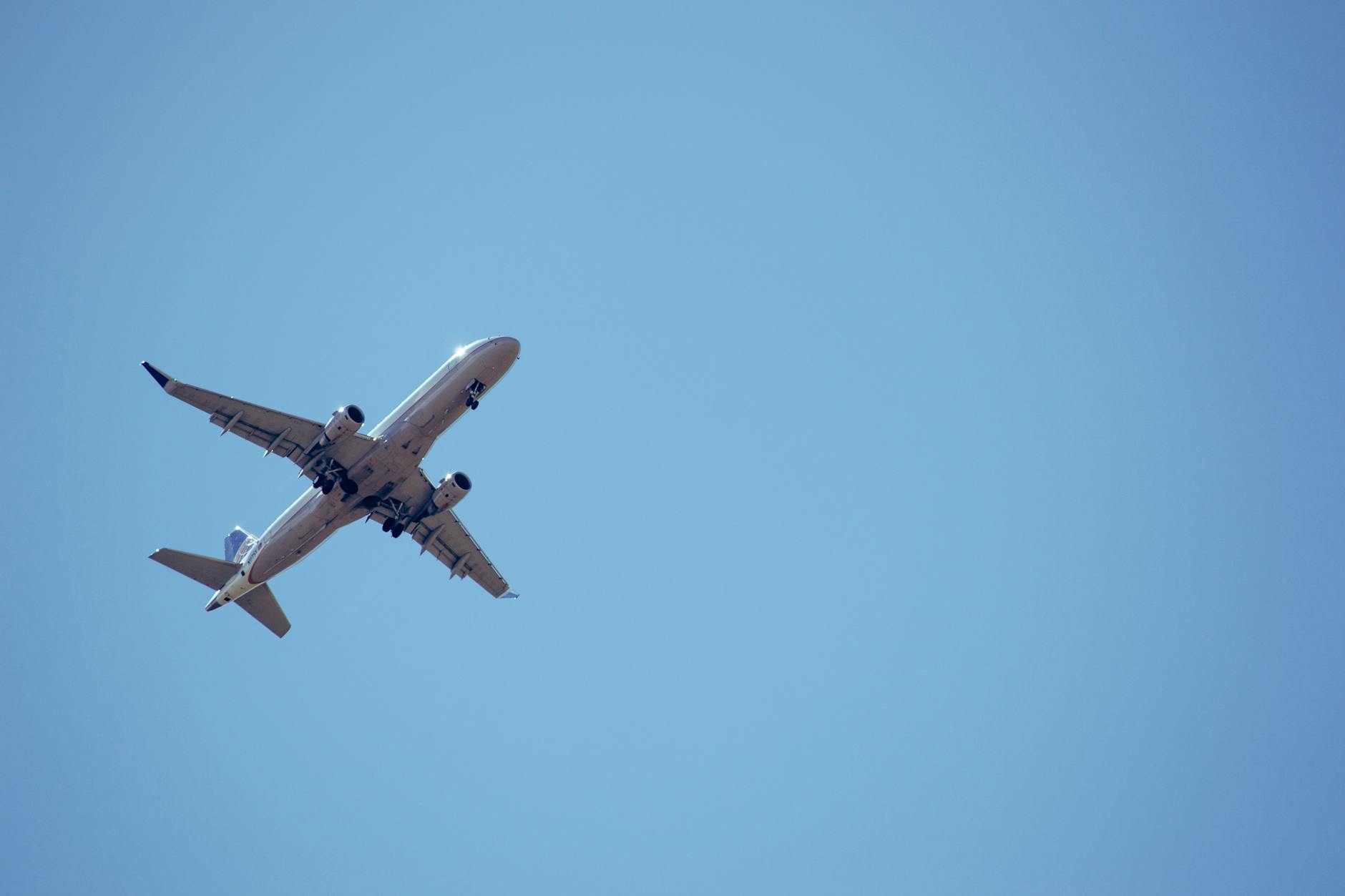Why Travel to Antarctica is Crucial for Australia's Marine Scientists

Vital Research Sites
Antarctica, with its distinctive ecosystems, offers unparalleled opportunities for research. The continent’s remote landscapes, when compared to hotspots like the Melbourne Aquarium, reveal unique insights into untainted marine environments. My visits to Antarctica have been transformative, enabling firsthand examinations of its fragile ecosystems. By assessing how these systems operate, we can better appreciate their delicate balance and understand the effects of human influence on marine life.
Unique Antarctic Ecosystems
These ecosystems are vital for studying the largely untouched marine wilderness, offering a glimpse into the natural world unhindered by human intervention. This knowledge helps inform preservation strategies for south america holidays, where many parallel environmental concerns arise.
Key Marine Species Studied
In my expeditions, I've had the privilege of observing keystone species such as the Antarctic krill. These creatures play a crucial role in global nutrient cycles and support diverse marine wildlife. Understanding their interactions helps guide research into species critical for central america travel, where marine populations face distinct, yet interconnected challenges.
Climate Change Impact Zones
Studying Antarctica allows us to witness the stark realities of climate change. Regions here serve as indicators of what awaits other parts of the world, shedding light on global phenomena like ice melting and sea-level rise. To enhance our scientific advocacy, it's essential to incorporate these experiences into our work, much like how we engage audiences at the Royal Botanic Gardens Victoria. Through this approach, we can promote conservation strategies applicable not just to Antarctica but also to regions like central america tours.
Scientific Collaboration
International Research Partnerships
Engaging in international research partnerships has been pivotal in my career. These collaborations have opened avenues for groundbreaking discoveries and fostered a deeper understanding of marine ecosystems. While working with colleagues worldwide, I have witnessed the immense value of combining diverse expertise and resources. The alliances formed between institutions not only enhance our research capabilities but also contribute to global environmental strategies. Reflecting on a recent project, the exchange of methods and data was critical. We achieved a comprehensive analysis of the impact of tourism, such as south american tours and antarctica cruises, on marine life. These partnerships strengthen our collective resolve to address climate change and its repercussions on oceanic biodiversity.
Data Sharing Initiatives
Within the realm of marine science, data sharing initiatives play a crucial role. These platforms allow researchers to access a wealth of information, facilitating the comparison of findings and enhancing the accuracy of our conclusions. I recall a significant instance during a project based on the ecosystems surrounding Phillip Island. By leveraging shared data, we unearthed subtle patterns in marine life migrations that would have remained hidden in isolation. This collaborative spirit, akin to the open access among institutions studying the galapagos cruise, advances our knowledge more efficiently and sustainably than solitary research efforts.
Collaborative Expeditions
Collaborative expeditions are where theoretical knowledge meets practical application. A standout expedition was a joint venture focused on the Southern Ocean's waters, mirroring efforts made in the St Kilda Penguin Parade to monitor local wildlife. These collaborative ventures enable us to test hypotheses in real-world settings, interact with varied environmental conditions, and draw robust conclusions. Sharing resources and expertise amongst teams fortifies our understanding, ultimately contributing to the safeguarding of marine environments.
Monitoring Environmental Changes
Ice Cap Melting Observations
As a marine scientist with extensive experience observing the fragile ecosystems of Antarctica, the melting of ice caps is a critical concern. My visits provide firsthand evidence of the ice caps receding, a phenomenon that profoundly influences global sea levels. Just as we at the Royal Botanic Gardens Victoria track botanical species, it's equally important to monitor Antarctic ice changes. The insights gained are invaluable for predicting future environmental outcomes and understanding the broader implications of climate change.
Ocean Acidification Effects
Ocean acidification is another significant concern during Antarctica travel. My research over the years has focused on the chemical dynamics altering our oceans and their ramifications on marine life. The acidifying waters can be directly observed impacting key species, altering behavior and habitat, which echoes the kind of ecosystem shifts we monitor back in Melbourne's local marine areas. By studying these changes in situ, we can better advocate for measures to minimize human impacts on marine environments.
Biodiversity Tracking
Antarctica's diverse marine life necessitates meticulous biodiversity tracking to understand the impacts of climate change. With methodologies honed from studies in South America tours, I observe shifts in species distribution and abundance. These observations are crucial for maintaining biodiversity, which is a vital component of healthy marine ecosystems. My fieldwork feeds directly back into global research networks and conservation efforts, highlighting the necessity of continual, collaborative monitoring efforts in this remote region.
Enhancing Research through Travel
Firsthand Data Collection
Traveling to Antarctica gives me the unparalleled opportunity to engage in firsthand data collection, which is crucial for accurately understanding ecosystem changes. This is not just limited to the Southern Ocean; similar field research methodologies can be applied in other diverse habitats, such as those explored during central American tours. Direct access allows for the investigation and documentation of environmental phenomena that are essential to grasping the complexities of marine life and climate change.
Utilizing Advanced Technology
Through the use of advanced technology, such as remote sensing tools and underwater drones, our research capabilities expand significantly. Recently, during an expedition trip, I had the opportunity to witness how advanced sonar mapping revealed hidden marine landscapes, essential for studying fauna distribution. These technologies help collect data even in harsh conditions, offering insights beyond what traditional methods can offer.
Integrating Findings into Global Studies
The integration of Antarctic research findings into global studies broadens the impact of our work. There's an interesting parallel with research findings from Machu Picchu tours, where the understanding of local ecosystems contributes to larger conservation efforts. Collaborating on global studies allows us to share insights, validate data, and amplify the understanding of marine ecosystems. This interconnected approach promotes comprehensive climate models, ensuring that conservation efforts align with global sustainability goals.
Best Practices for Antarctic Research
Sustainable Research Practices
Having traversed the cold expanses of Antarctica myself, I can attest to the critical importance of sustainable research practices. This includes minimizing human footprint and ensuring that our presence does not disrupt delicate ecosystems. For instance, when engaging with Antarctica travel packages, focus on operators that emphasize eco-friendly travel, which was something I actively sought during my deployments. Researchers should embrace sustainable transport and practice waste reduction at every opportunity.
Collaborating with Local Experts
Engaging with local Antarctic experts broadens our understanding immensely. Comparable to the valuable insights shared by docents at the Melbourne Aquarium, local experts in Antarctica are unparalleled in their knowledge of its marine life and weather patterns. Their deep-rooted understanding can guide research initiatives, offering insights that might be missed by transient researchers. This collaborative approach also fosters an exchange of knowledge, benefiting both parties significantly.
Educating through Expeditions
Translating complex data into educational content can be an enlightening experience. Having seen the reaction from audiences at the Royal Botanic Gardens Victoria, it's evident that adaptive education methods work wonders. By incorporating findings into public demonstrations, such as those at the St Kilda Penguin Parade, scientists can illustrate the tangible impacts of their work on wildlife. This not only imparts knowledge but also raises awareness, fostering a new generation of informed scientists ready to tackle global challenges.


